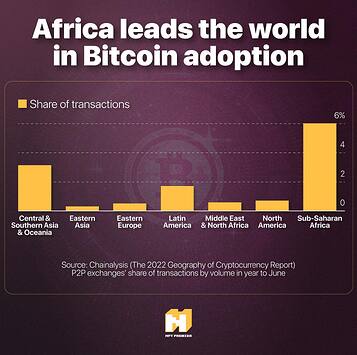The hype around blockchain and cryptocurrencies in the mainstream is increasing everyday. As a representative of technology enthusiasts we think it is important to debunk this publicly.
We have prepared a note for posting on our blog and distribution. Would like to get comments from the community regarding this:
[DRAFT] A statement on blockchain
In recent times, blockchain (distributed immutable ledger) as a technology have been proposed as silver bullet solutions to a wide range of unrelated societal problems ranging from enabling cheap money transfers, fixing supply chains, enabling fraud free elections to replacing the role of central banks in controlling money supply. In the Indian context, many influential entities including Business, and Political Leaders have publicly given talks, written articles, and posted on social media about the “transformative powers” of blockchain if India were to adopt it everywhere. The Ministry of Electronics and Telecommunication has come out with a draft of a National Strategy on Blockchain in Jan 2021.
In this note we explain why such sweeping views are unhealthy and should be approached with caution.
Blockchain Hype
Blockchain is commonly said to “solve the problem of trust” cryptographically with distributed consensus. It is claimed that you trust with certainty the validity of a particular piece of information if it is backed by a blockchain.
Our contention is that these are highly exaggerated claims. Blockchain inherently does not verify any piece of information. What it does is to use technology to determine whether a particular sequence of transactions (information) has been modified or not, thus making the information tamper resistant. This is done by maintaining multiple copies of that information and a distributed consensus system to accommodate changes. It does not, and cannot, say anything about the piece of information itself.
As far as we know, blockchain and similar distributed ledger technologies may make sense for building transaction and settlement systems in some contexts, but there are no large scale problems that blockchain has been used to solve with significant tangible benefits compared to existing technologies. Commerce, monetary transactions, and the movement of goods in societies are still rooted in “trust based” systems backed by legal entities. Regulated legal entities using blockchain to implement technical solutions is not in the same vein as the purported “trustless” prowess of blockchain.
For instance, the telecom regulator of India, TRAI, recently introduced a spam prevention system built on top of a distributed ledger that telecom companies will be mandated by laws and regulations to use. In this particular case, given the highly regulated nature of the environment and the operational framework where telcos have to follow regulations, whether a blockchain offers significant benefits over any other technology is unknown. The “trustless”, distributed, and immutable nature of blockchain does not seem relevant in this highly regulated, trust-based environment.
Our Views
While blockchain is an interesting technology which may have niche use cases, like countless other technologies, the fervour with which it is being marketed as a solution to wide ranging societal problems, displays the characteristics of a technology fad or hype cycle. Like any other technology, blockchain is not a silver bullet solution.
As a technology organisation, we strongly recommend institutions to objectively evaluate tried and tested technology choices before considering blockchain based solutions given the extremely high amount of unsubstantiated marketing, evangelism, and hype surrounding it.
Please add your comments or suggestions.

